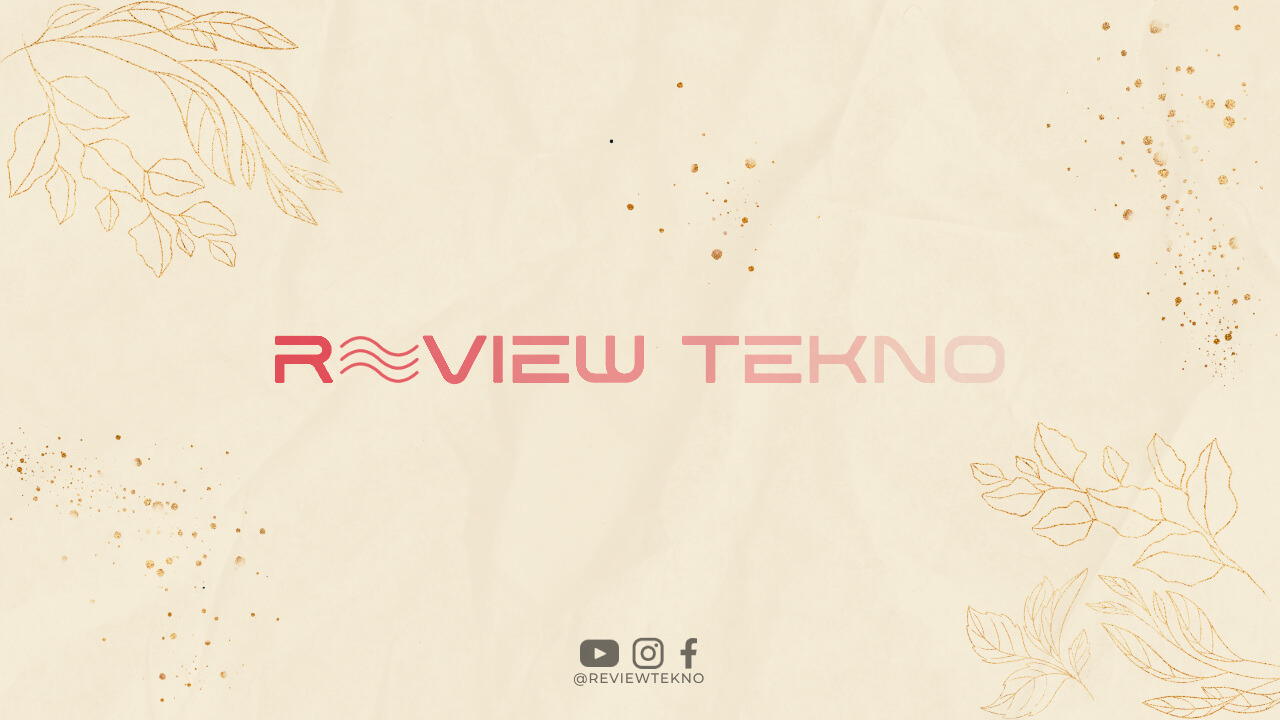In recent years, the world has seen a shift towards digital currencies. Bitcoin, the first decentralized digital currency, was launched in 2009 and has since paved the way for other digital currencies such as Ethereum, Litecoin, and Ripple. While these currencies have gained popularity, they have also faced criticism due to their volatile nature and lack of regulation. However, a new form of digital currency is emerging that promises to address these issues: the digital dollar.
What is a Digital Dollar?
A digital dollar is a digital version of the US dollar that is backed by the Federal Reserve. Unlike cryptocurrencies, which are decentralized and not backed by any government or financial institution, the digital dollar would be regulated by the Federal Reserve, making it a more stable form of digital currency. It would also be issued and controlled by banks, giving them greater control over the flow of money.
Why are Banks Testing the Digital Dollar?
Banks are testing the digital dollar for several reasons. First, it offers a more efficient way to transfer money. Traditional bank transfers can take several days to complete, while digital transfers can be completed almost instantly. This would make it easier for banks to move money around the world and facilitate international trade.
Second, the digital dollar would offer greater security. Traditional bank transfers can be vulnerable to fraud and hacking, while digital transfers are more secure and can be encrypted to protect against theft.
Finally, the digital dollar would offer greater transparency. All transactions would be recorded on a blockchain, making it easier to track the flow of money and prevent money laundering and other illegal activities.
Who is Testing the Digital Dollar?
Several banks and financial institutions are currently testing the digital dollar. The Federal Reserve has been exploring the possibility of a digital dollar for several years and has recently stepped up its efforts to develop one. Other banks, such as JPMorgan Chase and Wells Fargo, have also been testing digital currencies.
What are the Benefits of a Digital Dollar?
The digital dollar offers several benefits over traditional currencies. First, it is more convenient. Digital transfers can be completed almost instantly, making it easier to transfer money between accounts and across borders. This would make it easier for businesses to conduct international trade and for individuals to send money to friends and family in other countries.
Second, the digital dollar is more secure. Digital transfers can be encrypted to protect against fraud and theft, making it harder for hackers to steal money.
Finally, the digital dollar is more transparent. All transactions would be recorded on a blockchain, making it easier to track the flow of money and prevent money laundering and other illegal activities.
What are the Challenges of a Digital Dollar?
While the digital dollar offers many benefits, there are also several challenges that must be addressed. First, there is the issue of regulation. The digital dollar would be regulated by the Federal Reserve, but there are concerns about how it would be regulated and who would be responsible for enforcing those regulations.
Second, there is the issue of security. While digital transfers are more secure than traditional bank transfers, they are still vulnerable to hacking and other forms of theft. Banks would need to invest in robust security measures to prevent these types of attacks.
Finally, there is the issue of adoption. While the digital dollar may offer many benefits, it will take time for people to get used to the idea of using a digital currency. Banks will need to educate their customers about the benefits of the digital dollar and work to build trust in the new currency.
Conclusion
The digital dollar represents a new era in currency. While it offers many benefits over traditional currencies, there are also challenges that must be addressed. Banks and financial institutions are currently testing the digital dollar, and it will be interesting to see how it develops in the coming years.

